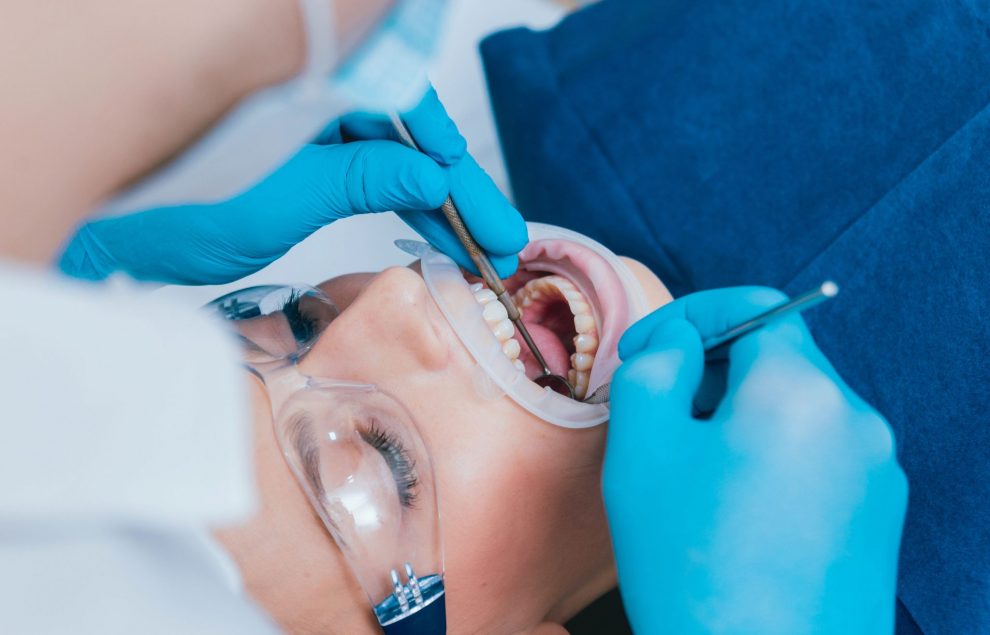General and cosmetic oral surgery procedures may require skills that your primary doctor might not possess. Thus, they refer you to an oral or dental surgeon who treats oral health issues, performs teeth extraction, dental implant, jaw malocclusion, and corrects mouth, jaw, and teeth injuries. Pearland general and cosmetic dentistry centers have oral surgeons who use a numbing agent to promote comfort in oral surgery, reduce anxiety and promote general awareness of the oral surgical procedures. Here are the dental surgical procedures you might receive at the dentist’s office.
Dental Implants
You might require oral surgery for dental implants when you lose your teeth through a traumatic accident or oral health care issues like cavities. Your dentist will customize a dental implant that resembles the other teeth, use a numbing agent on the gum, and drill through the jawbone to implant the implants. The dental implants will brighten your smile, reduce the bone loss on the jaw, reduce cavities and prevent the other teeth from moving in the arch. Thus, it is an ideal procedure for curbing crooked teeth after tooth loss and making cleaning the teeth easy, and avoiding further oral health problems. Although dental implants might be expensive, they are long-lasting and would be a life-long investment; however, you would need to care for them like the other teeth.
Wisdom Teeth Removal
Although some people might have wisdom teeth that align perfectly in the arch, others might be unlucky to have ones that don’t get enough space in the mouth. The wisdom teeth might impact the teeth if they lack sufficient space in the mouth; thus, they would make the other teeth crooked leading to swelling and infections. The best remedy for the wisdom teeth which lack space in the mouth is removal; removing these teeth will create space in the arch for the other teeth and prevent oral issues.
Oral Surgery for Face Trauma and Pain
Oral surgeons can perform corrective surgical procedures to alleviate face pain and trauma. After an accident, they may correct deformities on the nose, lips, and other facial features. Moreover, they correct congenital disabilities like cleft lip and other issues in the mouth. You should see your oral surgeon and ask them if they can correct face pain and trauma first as they work with other teams of surgeons.
Oral Surgery to Repair Unequal Jaw Growth
Uneven jaw growth impacts chewing, breathing, and swelling, and your oral surgeon should perform unequal jaw growth surgery. They form a balanced jaw structure that promotes better chewing and swallowing.
They Correct Sleep Apnea and Excessive Snoring
Sometimes patients might have soft palate tissues which block the airways leading to sleep apnea and excessive snoring. Although the dentist may recommend devices that keep the airways open, they would opt for surety if the condition does not improve. Surgery on the airways reduces the airways’ tissue and promotes better breathing when sleeping.
Conclusion
Most patients may avoid visiting an oral surgeon even if their primary doctor suggests oral surgery interventions. However, oral surgery may treat health conditions like sleep apnea, uneven jaw growth, facial pain, and trauma, remove wisdom teeth, and fit dental implants to improve oral health.







